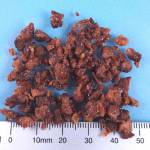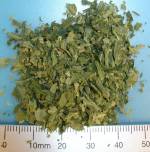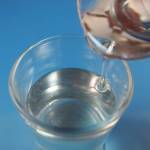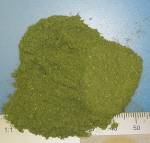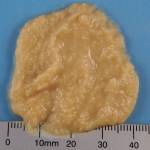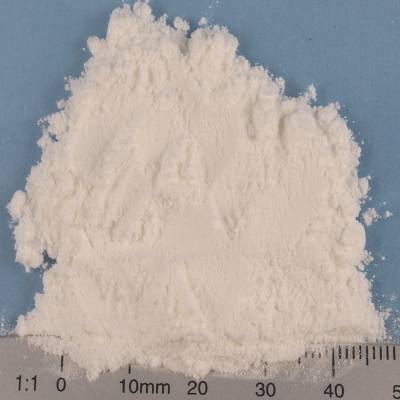
Organic baking powder
Organic baking powder is a powdered mixture of organic corn starch as separating agent, tartar as acidifier and natron as leavening agent. The tasteful, clean tartar is extracted from deposits in wine barrels.
By exposure to water and heat during the baking process, carbon dioxide is released as a leavening agent. Therefore a similar effect is achieved as with the use of baker's yeast.
Benefits
- leavening agent without any chemicals
- clean tartar as an aromatic acidifier
- free from phosphate
Fields of Application
bakery products pastries bread cakes
Packaging
25 kg paper bag with PE inner bag
Application
Organic Tartar Baking Powder
Baking powder was developed in the middle of the 19th century and found its way into private households at the beginning of the 20th century. A big advantage compared to yeast is that you don't have to wait long for the gas bubbles to form. These numerous small bubbles make for wonderfully fluffy dough. August Oetker packaged and marketed the baking powder he had further developed, starting in 1891, specifically for private households and their recipes.
In general, baking powder always consists of 3 ingredients: Baking soda, acidifier, starch
- Baking soda: Serves as a source of CO2, it is released in 2 ways, firstly when it comes into contact with acid and water and secondly when it is heated. Both processes are responsible for the small gas bubbles that make the dough loose and airy.
- Acidifier: In organic baking powders, you often read the name "pure tartar". The tartar settles on the walls of the barrels when the wine is stored and is removed from the barrels. When cleaned and ground, it produces the desired acid component in the baking powder mixture.
- Starch: Serves as a separating agent and has the task of binding any liquid or moisture during storage and transport. Corn, rice, wheat or tapioca starch is often used. In this organic baking powder pure tartar, organic corn starch is used.
What can you do with organic baking powder?
- Neutralise odours
- Remove stubborn dirt (in pots, or from tiles)
- Remove traces of coffee and tea
- Mix your own sherbet powder
- Cleaning jewellery and silver
- Washing laundry
- Use against pests (e.g.: lice, ants)
- Cleaning drains (in a mixture with vinegar)
- Body care (brushing teeth, deodorant substitute, against sweaty feet and athlete's foot)
- For heartburn



